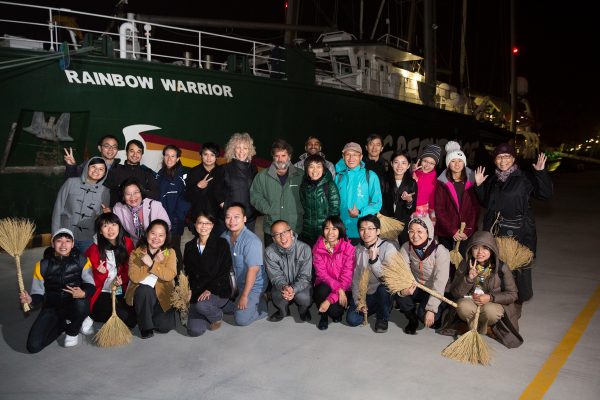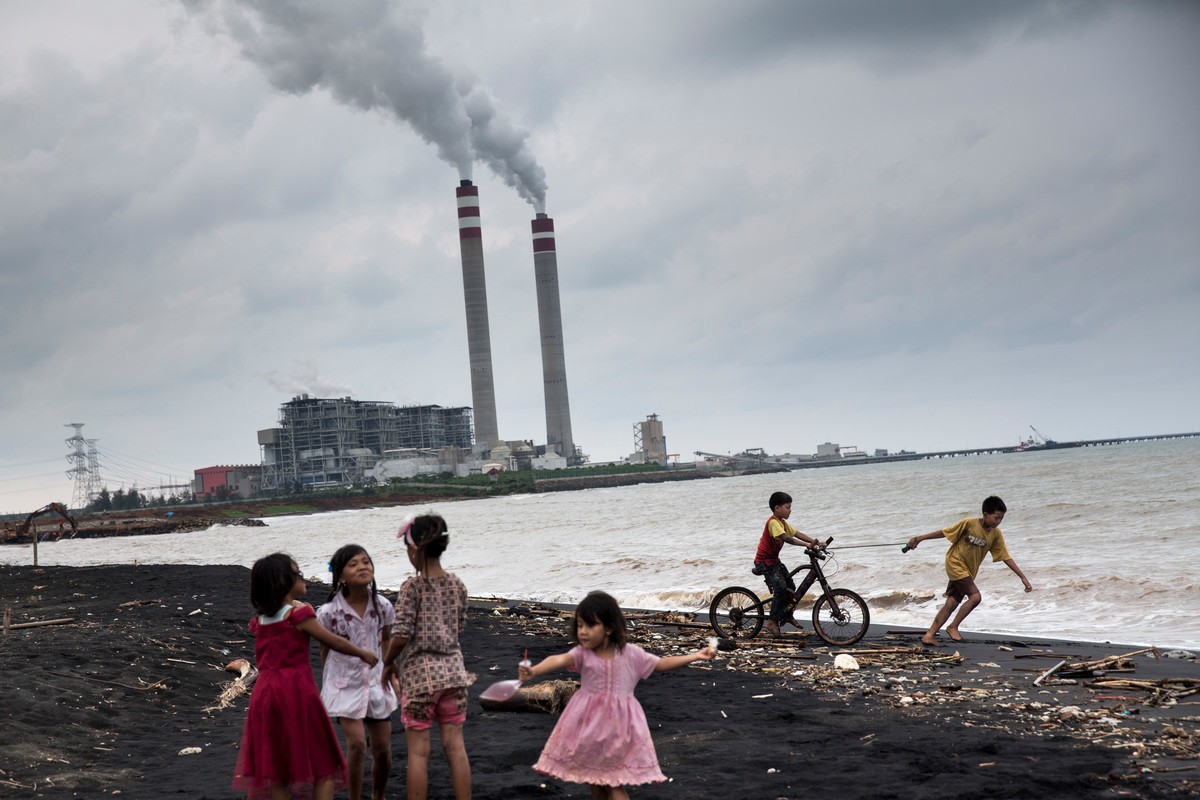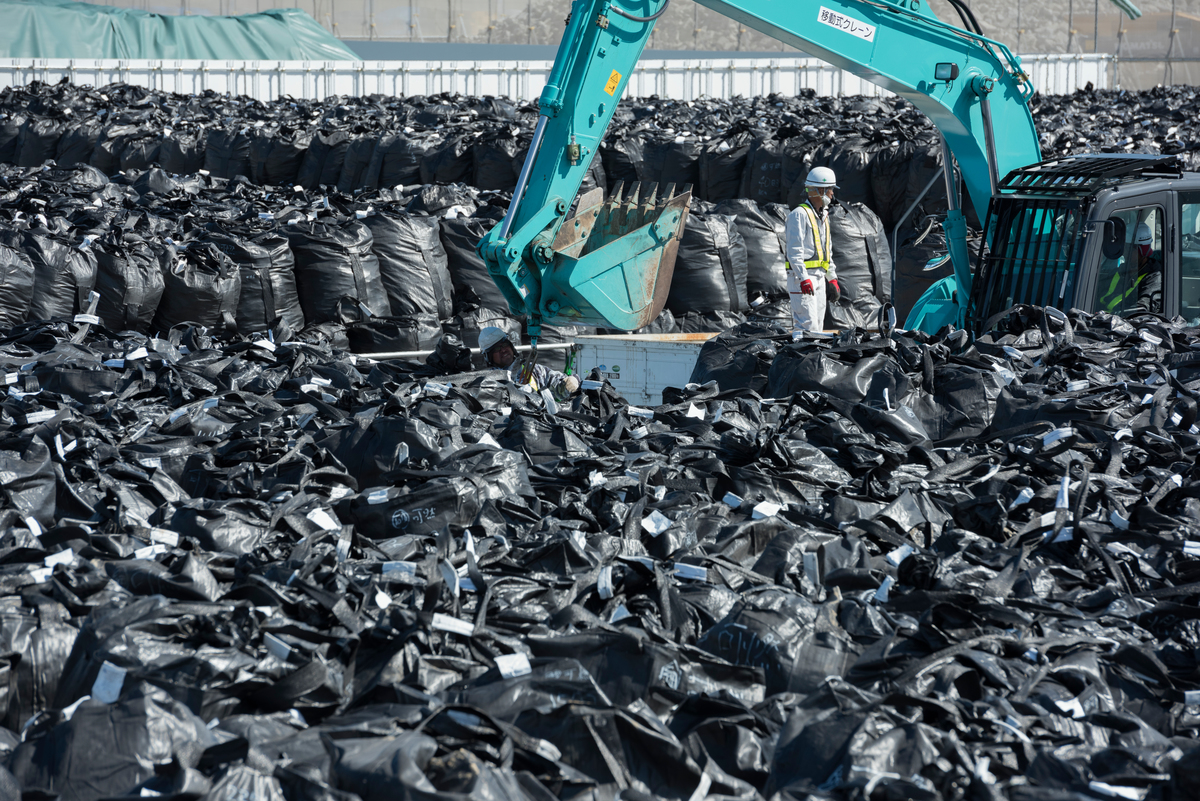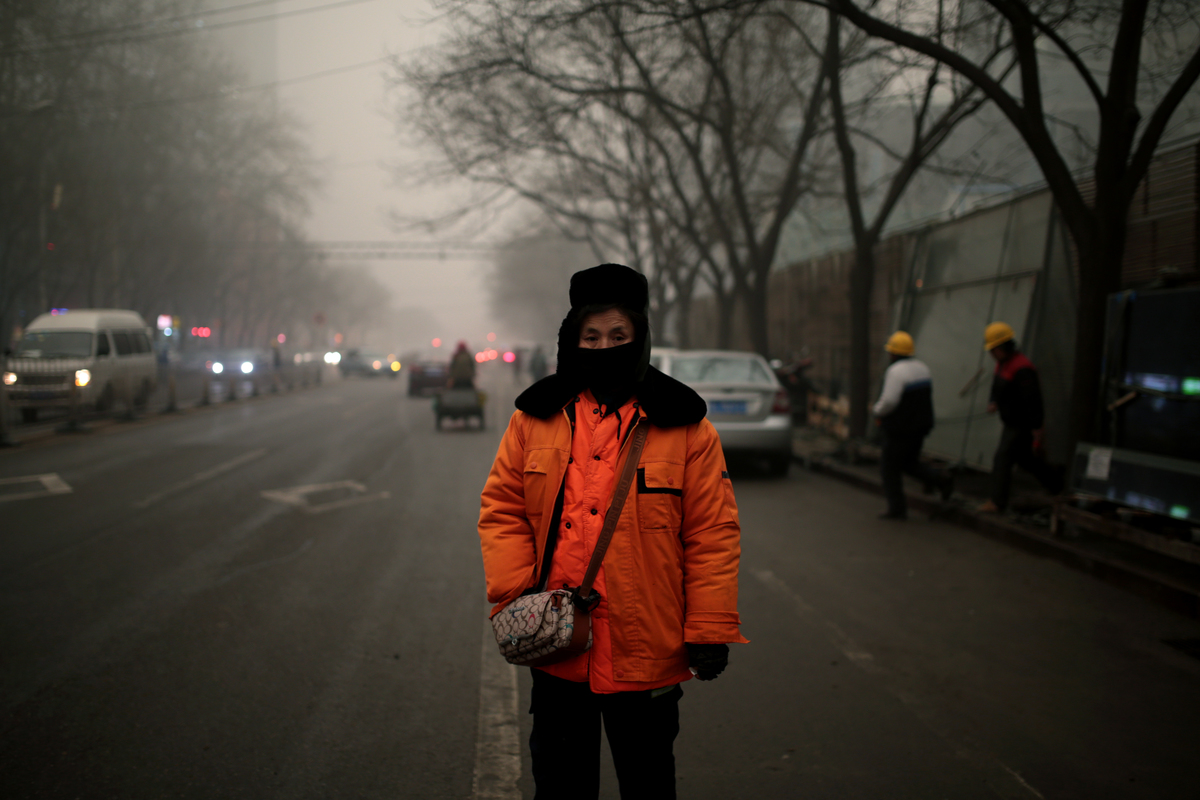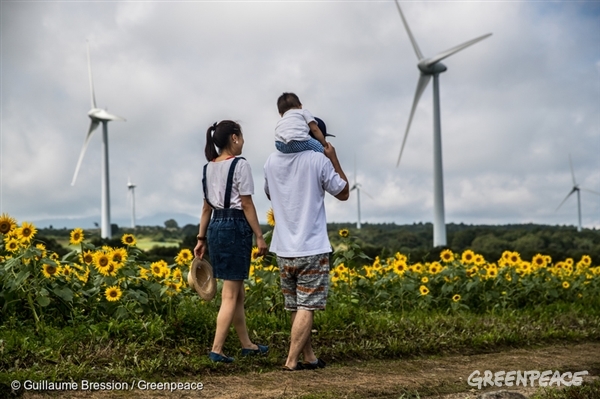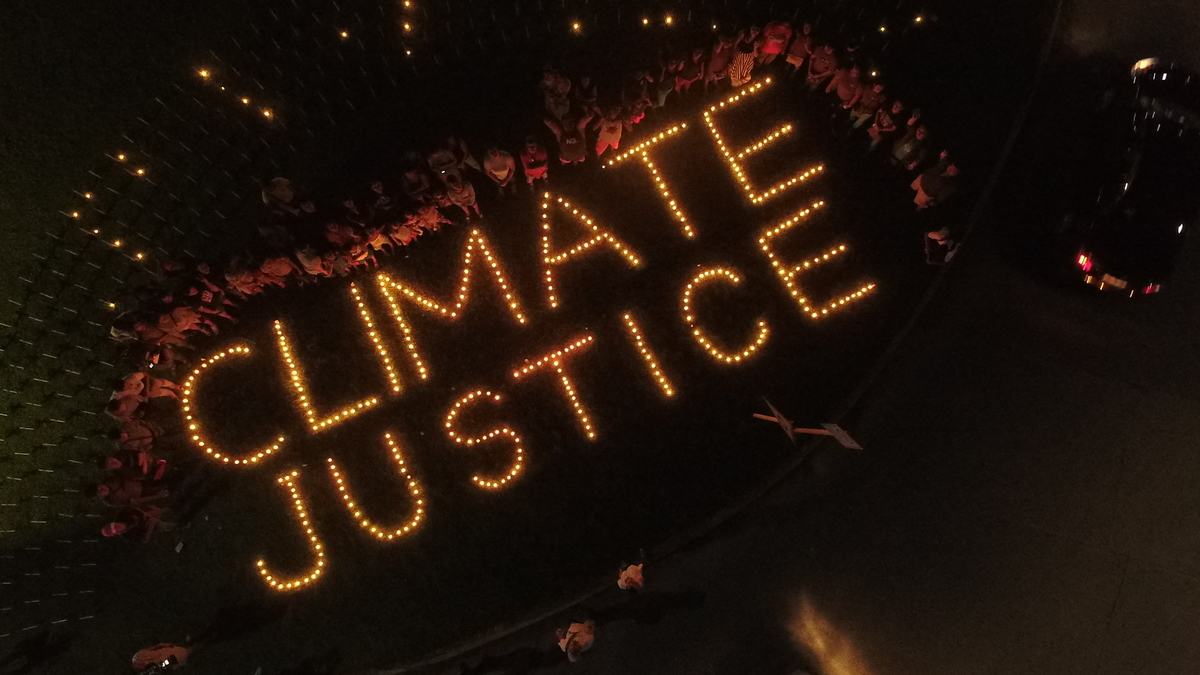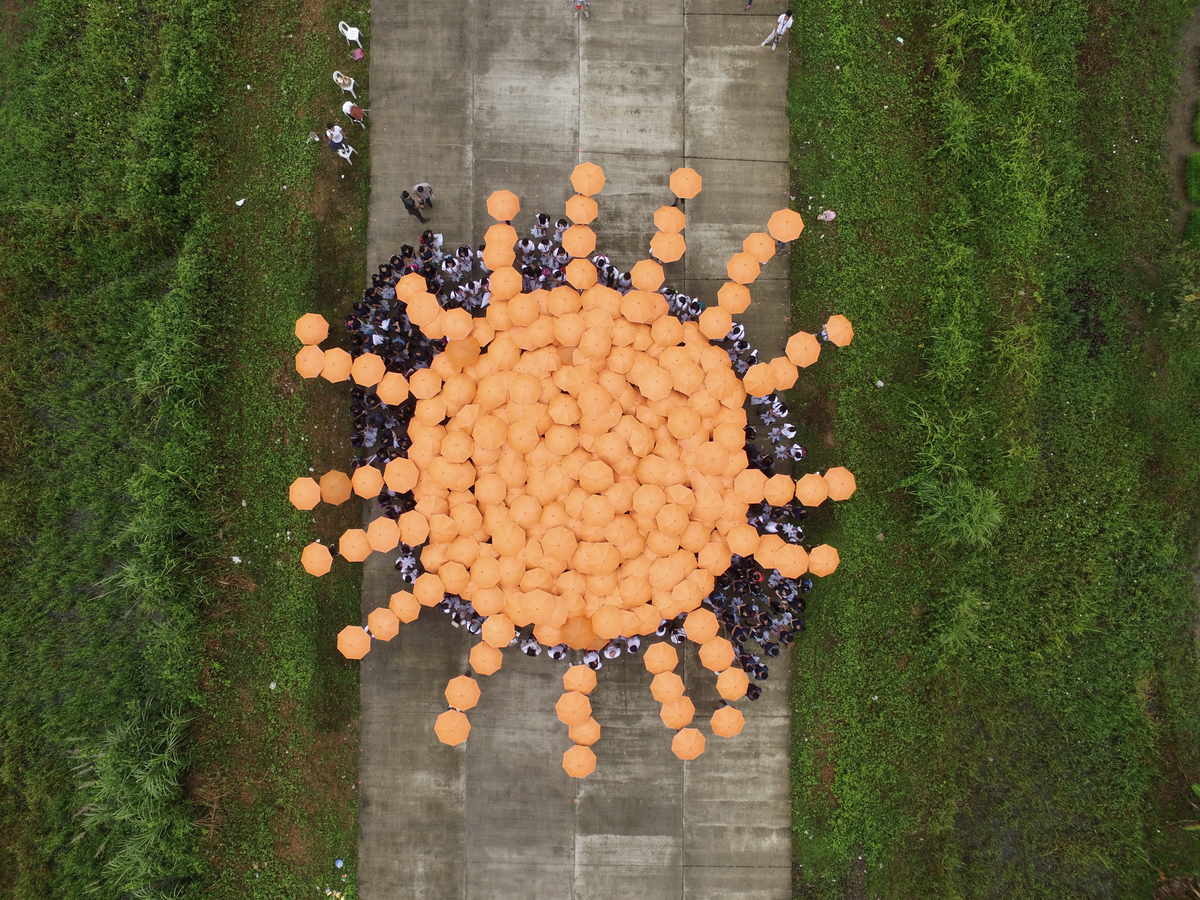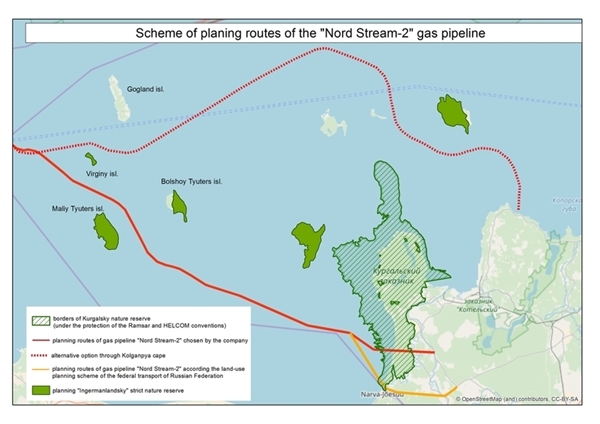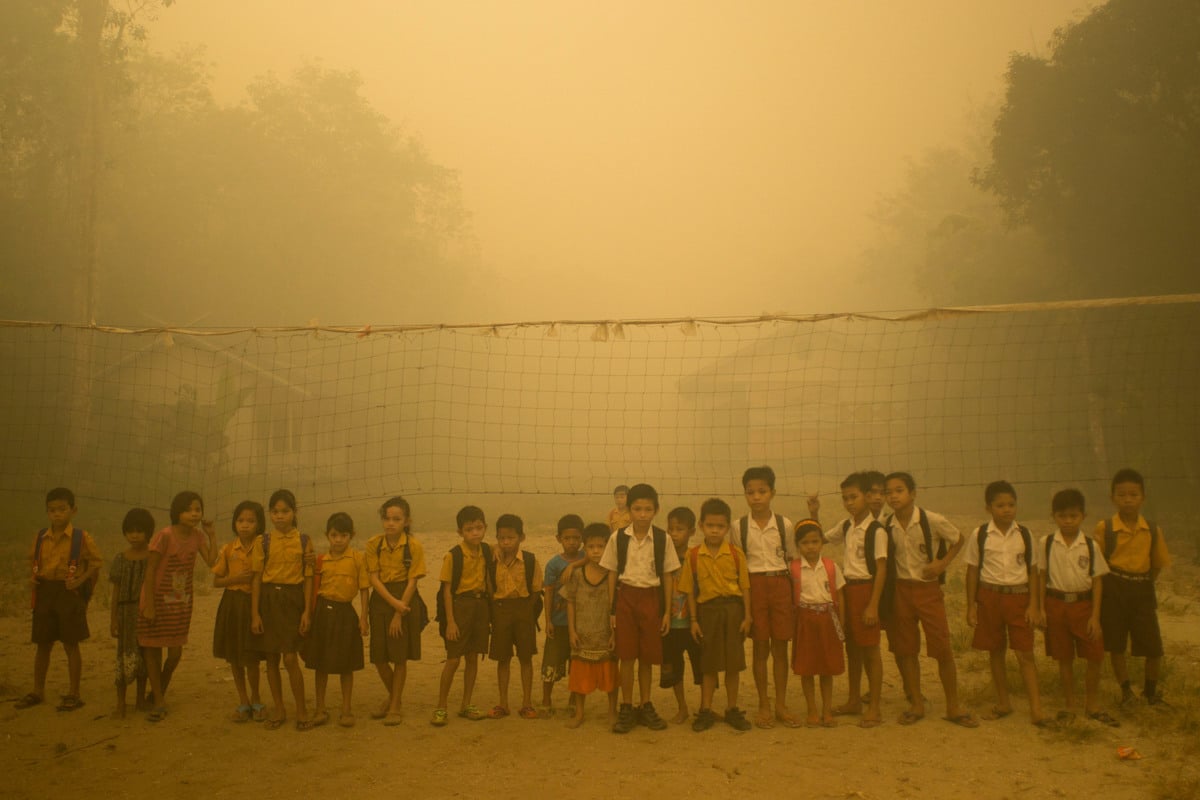-
World scientists’ warning to humanity
Environmental activists and organisations typically try and stay positive, to give people hope that we can change. Positive signs exist, going back to the historic whaling and toxic dumping bans of the 1980s. The 1987 Montreal Protocol, reducing CFC gas emissions, led to a partial recovery of the ozone hole. Birth rates have declined in…
-
The Fukushima nuclear waste crisis is a human rights violation
Nearly seven years after the triple reactor meltdown, this unique nuclear crisis is still underway. Of the many complex issues resulting from the disaster, one in particular may have become routine but is anything but normal: the vast amounts of nuclear waste, stored and being transported across Fukushima prefecture.
-
Gazprom wants to build a gas pipeline through a unique nature reserve
As if fossil fuels weren’t bad enough already. Now Gazprom wants to build the Nord Stream 2 gas pipeline through the unique Kurgalsky Nature Reserve.
-
The palm oil industry promises reform, but there’s still no sign of change
It was ten years ago that Greenpeace first published an investigation into Indonesia’s palm oil industry. We showed that the world’s biggest brands got their palm oil from companies destroying Indonesia’s rainforests - threatening local people as well as tigers and orangutans.

